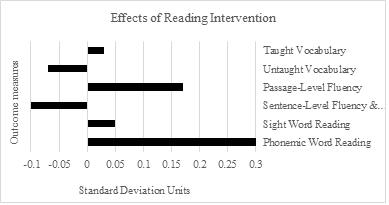Ira Nichols-Barrer, Maria Bartlett, Thomas Coen, & Phil Gleason
Do KIPP Middle Schools Boost Long Run Student Outcomes?
Yes they do, according to a rigorous national study of 13 KIPP middle schools. Building on prior studies of KIPP that show KIPP middle schools have strong positive effects on students’ middle school achievement, this study found that KIPP middle schools also improve longer-term rates of enrollment in four-year college programs. Winning a lottery-based admissions offer to a KIPP middle school increased a student’s probability of enrolling in college by 7 percentage points, even though a third of these students never enrolled at KIPP. Adjusting for enrollment, attending KIPP increased college enrollment rates by 13 percentage points. This boost is similar in size to nationwide disparities in college enrollment across racial groups—a relevant benchmark since nearly all KIPP students are Black or Latinx.

